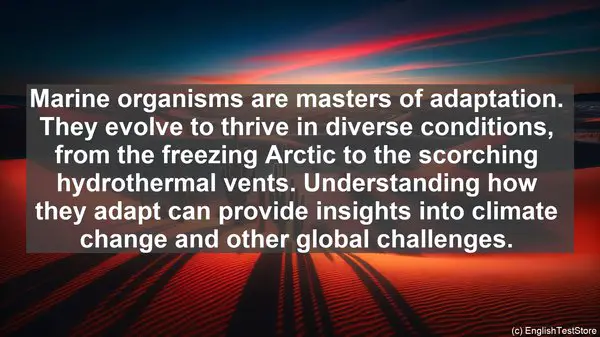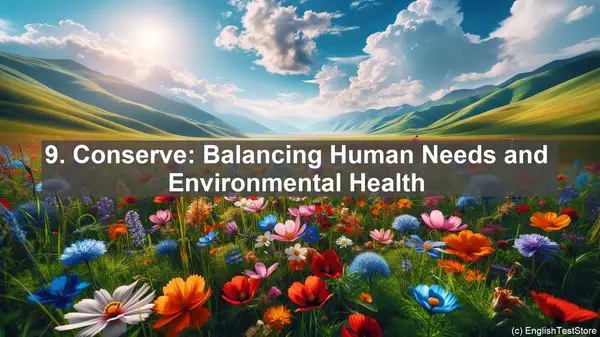Introduction: The Language of the Ocean
Today, we’re diving deep into the world of marine biology and oceanography. But before we explore the fascinating creatures and ecosystems, let’s first equip ourselves with the right words. Verbs, in particular, are the building blocks of conversations. So, here are the top 10 English verbs you need to know!
1. Observe: Unlocking the Secrets
Observation is key in the world of marine biology. Whether it’s studying the behavior of dolphins or tracking the migration patterns of turtles, this verb allows us to gather valuable data and insights.

2. Analyze: Making Sense of the Data
Once we have the data, the next step is analysis. By examining the intricate details, we can uncover patterns, correlations, and even potential impacts of human activities on marine ecosystems.
3. Preserve: Protecting Our Oceans
Preservation is at the heart of every marine biologist. From advocating for marine reserves to promoting sustainable fishing practices, this verb emphasizes the need to safeguard our precious underwater world.
4. Adapt: Surviving in a Changing Environment
Marine organisms are masters of adaptation. They evolve to thrive in diverse conditions, from the freezing Arctic to the scorching hydrothermal vents. Understanding how they adapt can provide insights into climate change and other global challenges.
5. Communicate: Sharing Knowledge and Findings
In the field of marine biology, collaboration is crucial. Whether it’s through research papers, conferences, or online platforms, effective communication ensures that discoveries and innovations reach a wider audience.
6. Dive: Exploring the Underwater Realms
For many marine biologists, diving is a way of life. It’s not just about the thrill of being underwater; it’s about immersing oneself in the habitat, studying the flora and fauna up close.
7. Document: Capturing Moments and Phenomena
A picture is worth a thousand words, and in marine biology, it can be even more. Documenting through photography or lessongraphy allows us to preserve and share the beauty and wonders of the ocean with the world.
8. Educate: Inspiring the Next Generation
Passing on knowledge is a responsibility every marine biologist carries. By educating others, we not only create awareness but also nurture a new generation of passionate individuals who will continue the important work.
9. Conserve: Balancing Human Needs and Environmental Health
Conservation is a delicate balancing act. It involves finding ways to meet human needs while minimizing the impact on marine ecosystems. This verb encapsulates the ongoing efforts in achieving that balance.
10. Innovate: Finding Solutions for Tomorrow
The challenges facing our oceans are complex, but so are the solutions. Innovation, be it in technology or policy, plays a crucial role in addressing issues like pollution, overfishing, and habitat destruction.

